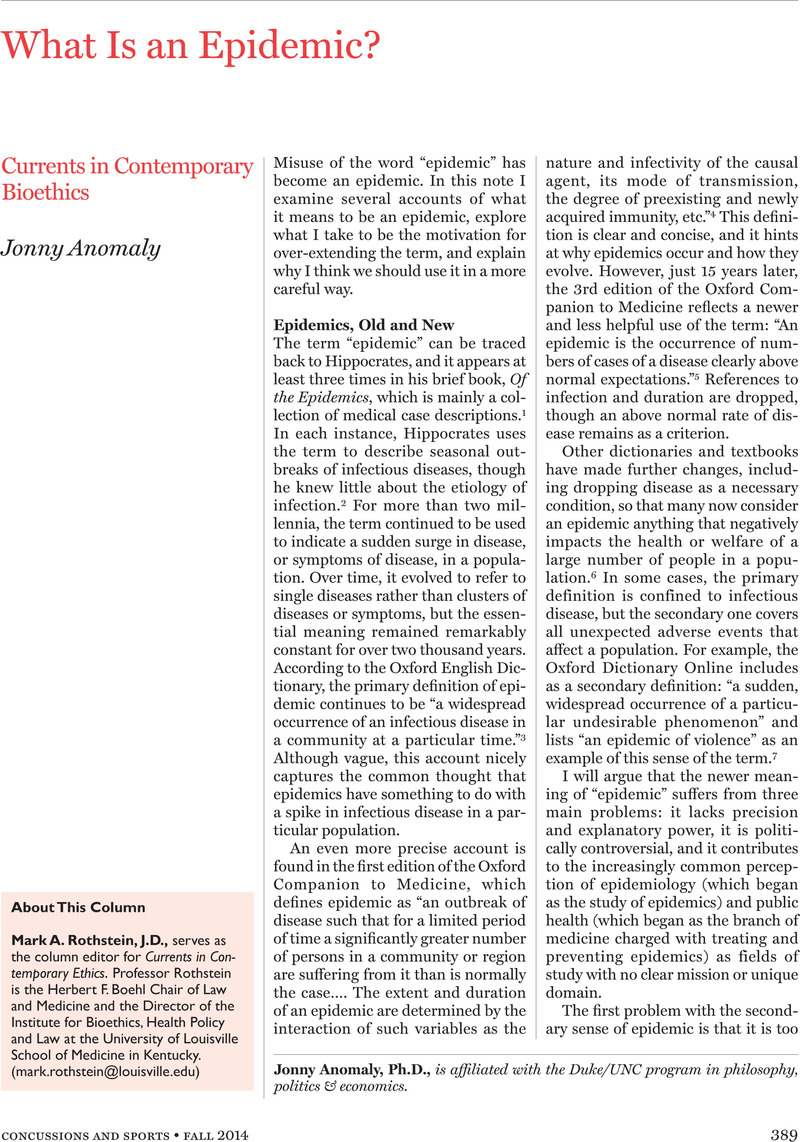Crossref Citations
This article has been cited by the following publications. This list is generated based on data provided by Crossref.
Orbann, Carolyn
Sattenspiel, Lisa
Miller, Erin
and
Dimka, Jessica
2017.
Defining epidemics in computer simulation models: How do definitions influence conclusions?.
Epidemics,
Vol. 19,
Issue. ,
p.
24.
İnce, Orhun
Kuruşcu, Ali Osman
and
Parsa, Ali Rıza
2022.
THE EFFECT OF RESIDENTIAL DESIGN ON HUMAN HEALTH IN THE COVID-19 LOCKDOWN PROCESS: THE CASE OF STUDY BOLU/TURKEY.
International Journal of Research -GRANTHAALAYAH,
Vol. 10,
Issue. 5,
p.
93.



